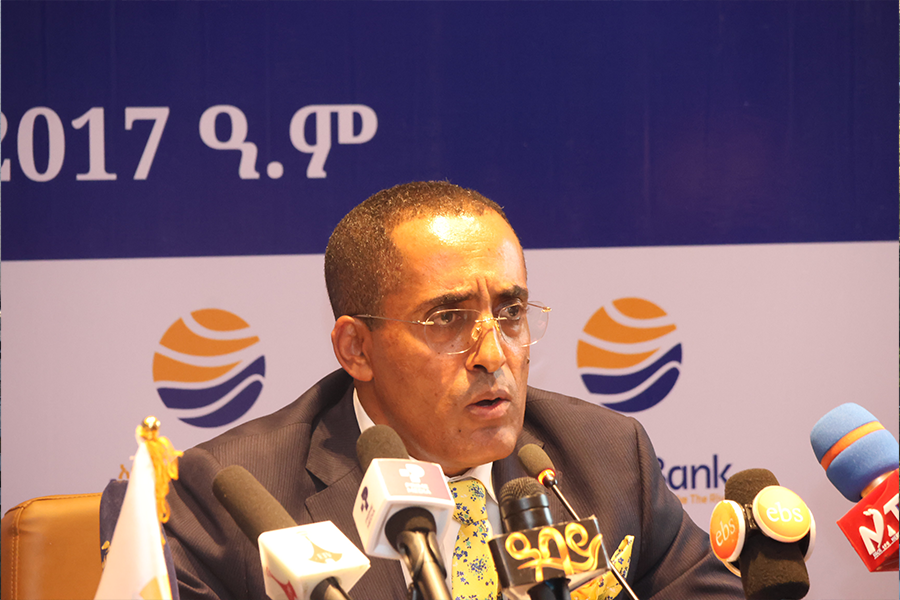
Jul 3 , 2025.
The state-owned Commercial Bank of Ethiopia (CBE) has been bailed out from 900 billion Br debt due to the economic policies reform his administration implementing, according to Prime Minister Abiy. He said failure to save the CBE would have tanked the financial system, for the CBE control the commanding heights of the economy. He also attributed the reform to high foreign exchange inflows of 32 billion dollars, reporting a 2.6 billion dollars surplus in the balance of payments.
The forex reserve has increased three-fold, although the Prime Minister was short of disclosing the amount.
"The reform has brought results more than expected," said the Prime Minister.
According to the IMF, foreign exchange reserves have rebounded, rising from crisis levels of half a month of import coverage to 3.4 months. The improvement comes after years of acute hard currency shortages that crippled import-dependent businesses and pressured the government to ration foreign exchange. Despite these gains, and the Prime Minister's claims of new investments in natural gas and fertiliser, the pace of foreign investment remains flat. FDI inflows stalled around three percent of GDP over the last four years, barely rising above previous levels and falling short of the government’s targets.
However, Ethiopia has trimmed its current account deficit to its lowest level in nearly a decade, offering a rare signal of external sector stability during continued economic pressures. The current account deficit narrowed to 2.2pc of gross domestic product in the most recent year, down from four percent eight years ago. The decline reveal a gradual shift in Ethiopia’s external position, driven by reduced imports (19 billion dollars) and modest improvements in goods and services exports (over seven billion dollars.) External debt, once a rising concern, has declined to 19.2pc of GDP, down from a peak of over 30pc during mid-period years. Analysts attribute the drop to a combination of stronger nominal GDP growth, tighter fiscal management, and progress in restructuring bilateral debt obligations.
State Minister for Finance Eyob Tekalegn (PhD) signed a debt restructuring deal of 3.5 billoon dollars in Paris yesterday. Still, the earlier spike in debt ratios reveal the government’s dependence on external financing during economic shocks, including the COVID-19 pandemic and internal conflict.
PUBLISHED ON
Jul 03,2025 [ VOL
26 , NO
1314]

My Opinion | 131580 Views | Aug 14,2021

My Opinion | 127936 Views | Aug 21,2021

My Opinion | 125911 Views | Sep 10,2021

My Opinion | 123535 Views | Aug 07,2021

Jun 28 , 2025
Meseret Damtie, the assertive auditor general, has never been shy about naming names...

Jun 21 , 2025
A well-worn adage says, “Budget is not destiny, but it is direction.” Examining t...

Jun 14 , 2025
Yet again, the Horn of Africa is bracing for trouble. A region already frayed by wars...

Jun 7 , 2025
Few promises shine brighter in Addis Abeba than the pledge of a roof for every family...